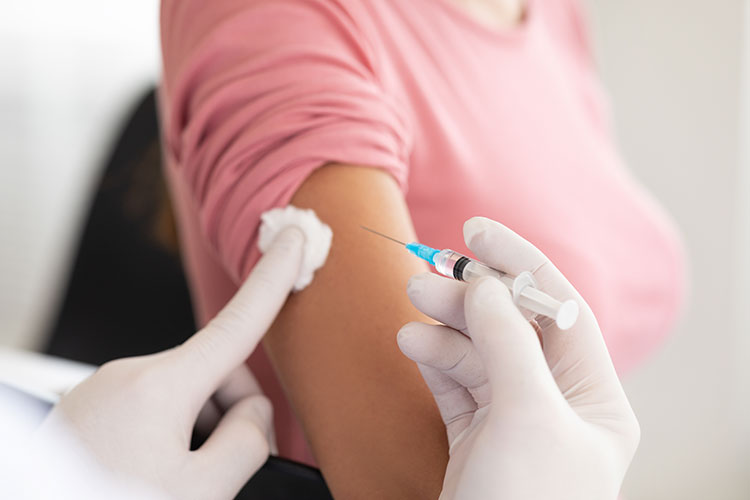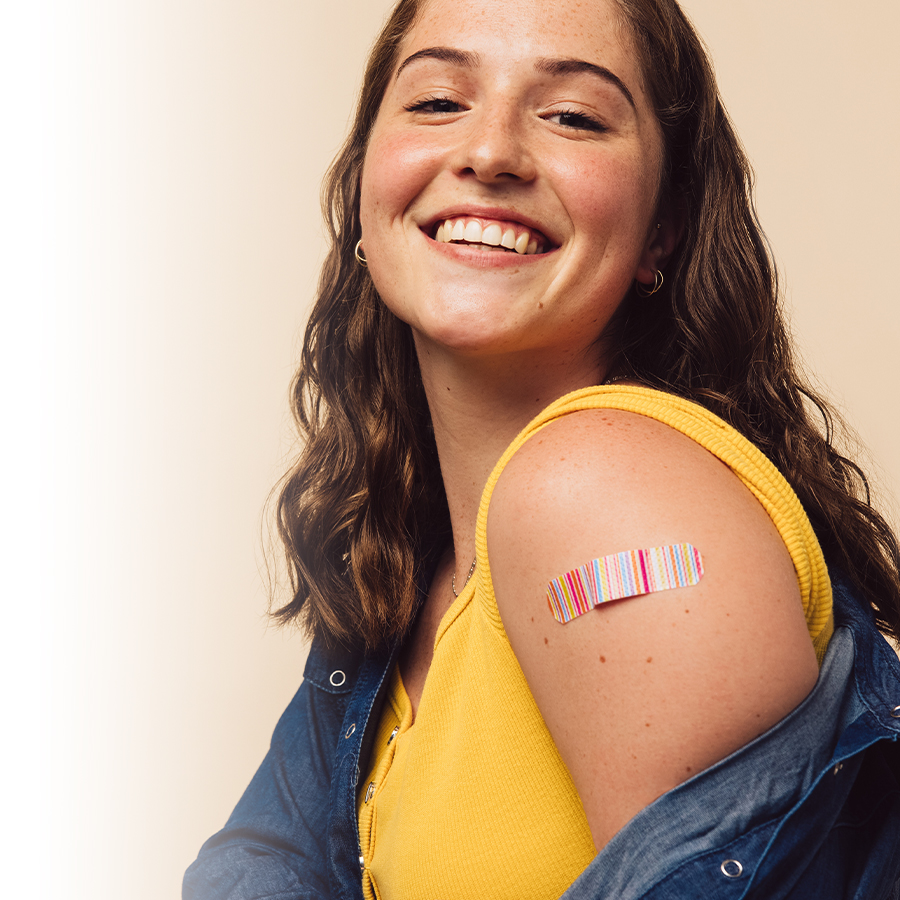Need a consultation related to the health condition discussed in this article? Schedule an appointment with your pharmacist at a time that works for you.
Maintaining good health during travel is a common concern for many. One way to prevent major issues is to get vaccinated before you leave.
Why get vaccinated before you travel?
Deciding whether to vaccinate is an important decision, one that can have potentially dire consequences. The very concept of vaccines is subject to a number of myths and prejudices. But, since vaccines can help prevent serious infections that can have permanent side effects, it's important to weigh the pros and cons carefully before you decide. For example, when traveling outside your country, you may be at greater risk of contracting certain types of infections your body has never been exposed to before, ones that can be prevented by getting vaccinated. So, depending on your destination and the conditions there, certain vaccines may be recommended or even mandatory.

How do vaccines work?
Vaccination involves administering completely harmless forms (fragments) of an infectious agent (virus or bacteria) into the human body through different routes (orally, under the skin, into a muscle, etc.). This enables the body to acquire antibodies to the agent in question, meaning that the immune system learns how to defend itself against possible infection.
Do you have to get vaccinated to travel?
Some countries require proof that you’ve been vaccinated against certain diseases, such as yellow fever. It’s important to get informed in advance about the requirements of the country you're planning to visit, so that you can plan your vaccination in time before you leave.
What vaccines do you need to travel?
The type of vaccinations you need depends on a number of factors, like your vaccination history, your age, state of health, lifestyle and the country you’re visiting. For example, if you're visiting Europe, the preventive measures you'll need to take will be different from those you’d need if you were going to an area where health and hygiene conditions were less favourable.
Check our List of Countries to find out which vaccinations you might need.
The travel-health professional you speak with will take all of these criteria into account and will recommend the proper vaccination(s) for you.

Travelling or not, your basic vaccinations must be up to date.
In addition to receiving vaccines specific to the country/countries you’re visiting, it's essential that your basic immunizations are up to date. Your province has an immunization schedule that clearly specifies the vaccines you must have, whether you’re travelling or not. The schedule includes vaccinations against mumps, measles, rubella, whooping cough, polio and tetanus. In some cases, booster doses are required for optimal immunity. So, it’s important that your immunization record is up to date before you travel. That includes vaccination against COVID-19.
Check your provincial immunization calendar for information on basic vaccinations.
Where can I go to get my travel vaccinations?
To your pharmacy!
When it comes to travel health, your pharmacist is your best ally. Following a consultation, they can help you determine your vaccination needs based on current recommendations and can prescribe and administer the vaccines you need. In some pharmacies, a nurse will be on hand to provide these services. Here are some examples of vaccines offered in various pharmacies:
Don’t forget your proof of vaccination!
To enter certain countries, you must show proof of vaccination against specific diseases. Always keep your family vaccination records in a safe place and carry it with you when you travel.
Travel-health services to complement your vaccinations...
Speaking with your pharmacist is a simple and easy way to avoid health problems while you’re travelling and when you get back.
In addition to offering advice on vaccines, your pharmacist can:
- Prescribe any required medication to prevent altitude sickness or malaria, and even treat traveller's diarrhea.
- Give advice on topics like solar protection, drinking water and preventing mosquito bites.
- Help you prepare your travel kit, etc.
How soon before travel should I get vaccinated?
- Consult a health professional as soon as you can, preferably at least six weeks before your departure. Many vaccines require several injections for optimal protection, so it's important that you don’t wait until the last minute.
- If a vaccine requires multiple doses, make sure you receive them as prescribed, according to schedule. Failing to follow the vaccination schedule could compromise the effectiveness of the vaccine.
Don't let illness be a part of your travel memories! Learn all you can about vaccinations and staying healthy. And remember, your pharmacist is always on hand to answer your questions about prevention, medication and vaccines.

